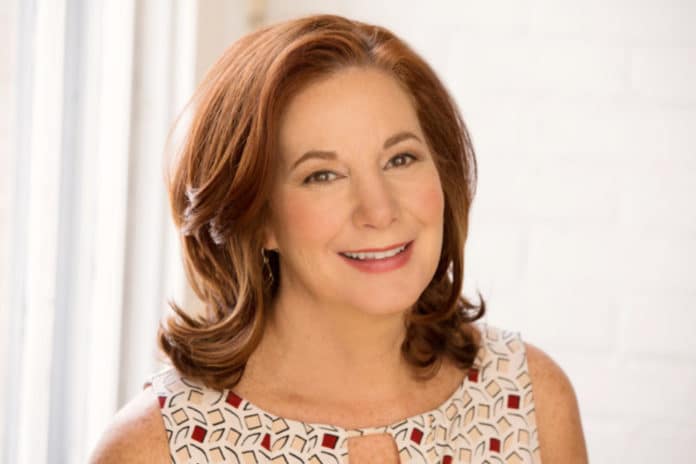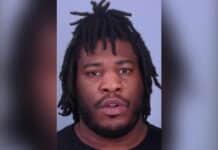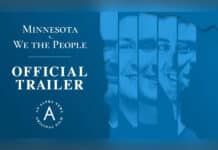All eyes are on Uvalde, Texas, after a young man shot up a fourth-grade classroom days before summer break. As we learn more about what they knew and how they responded, law enforcement is once again under the microscope.
We’re reminded of a harsh reality: that we rely upon humans, not robots, to keep us safe, to run into buildings when bullets are flying. And humans are imperfect; they might perform heroically, and they might let us down.
The scrutiny in Uvalde underscores a question I’ve been grappling with since George Floyd died in Minneapolis while in police custody two years ago this week.
What would our world look like without men and women who will run towards the gunfire to save strangers? And with such a mixture of support and hostility, who would want the job?
After I posed the question here earlier this month, I spoke with individuals from various backgrounds who offered an answer.
Jimmy has made a good living working in the health care industry. For the past decade, he’s also volunteered hundreds of hours per year as a reservist in the south metro community where he lives with his wife.
Reservists are unpaid volunteers who, with no weapon and with less training than licensed police officers, provide jail transports, backup, and support at events, among other things.
Several years ago, Jimmy felt a calling to do more than volunteer. So, in addition to working, he became a full-time student so he could become a full-time police officer.
An unusual move for a 43-year-old, it’s driven by a desire to use his skills and talents in a different way and to help fill a void.
“There are so many other job opportunities and educational opportunities that are probably more lucrative, less dangerous, and don’t have the negative stigma associated with working in law enforcement,” he says. “And, looking at how the profession is portrayed in the media has probably turned a lot of people off from it.”
But not him.
“I know there are bad cops out there,” he said. “I just haven’t worked with them.”
Janina Cich spent decades working in law enforcement before she pivoted into academia, where she’s focused on bridging skills and policy. Despite the challenges of recruiting, retaining, and retraining, she’s optimistic about the future of law enforcement.
As chair of the Criminal Justice Leadership program at St. Paul’s Concordia University, Cich has helped to shape and teach academic programs that focus on trauma, resilience, and forensic behavioral health in the criminal justice system. The programs meet people where they are in their careers, whether they are veterans of law enforcement, new to the profession, or career-changers like Jimmy.
Though program enrollment is down a bit, interest and passion are there.
“The new students still believe there’s hope for change, that they can make a difference,” Cich says. “It makes me hopeful because they are trying to figure out how they can be advocates for change.”
She echoes Jimmy when she says, “People go into law enforcement because it’s a calling, a passion. Most want to help people to make better decisions and choices in life. They want to make a meaningful impact on the community by collaborating. They want to make sure the communities are safe, and people feel secure, as do they and their families.”
Noting that law enforcement has been subjected to a lot of scrutiny and criticism the past couple of years, she says, “Many different agencies are trying to promote reform within their agency, within their community, to make a difference. Things weren’t working in the past, so they need to make this change.”
A career in law enforcement touches more than just the men and women who wear the badge. It affects their families, too, in a way that other professions do not.
Katy raised two sons in Minnetonka who were introduced to Police Explorers while in school. Now in their twenties, both are working in law enforcement. It’s a career they’re wired for, she says, one she could not talk them out of, despite her best efforts.
School shootings were part of their life experience, Katy says. They and many of their peers were drawn to public service, be it in law enforcement or the military, because they wanted to help.
Her sons went through an excellent leadership training program that prepared them for a career that is wracked with controversy, Katy says, noting, “It’s like politics, only worse, because it’s with guns.” And so, their choice was met with mixed reactions by their peers.
It’s a risky business that exposes them to many things the public doesn’t hear about. Though they’re young, Katy says her sons have already seen so much — car accidents, children choking, elderly suffering hallucinations, not to mention death.
And so, as they help strangers to deal with mental health challenges, they’re counseled to be mindful of and proactive about managing their own.
Katy admits she’s fearful. Any time she hears a siren, she freaks out a little bit.
But she’s also proud. “Every day, they get up to fight for all of us, to protect us, and to console us.”
And, if necessary, to run into a school building when the bullets are flying.

















